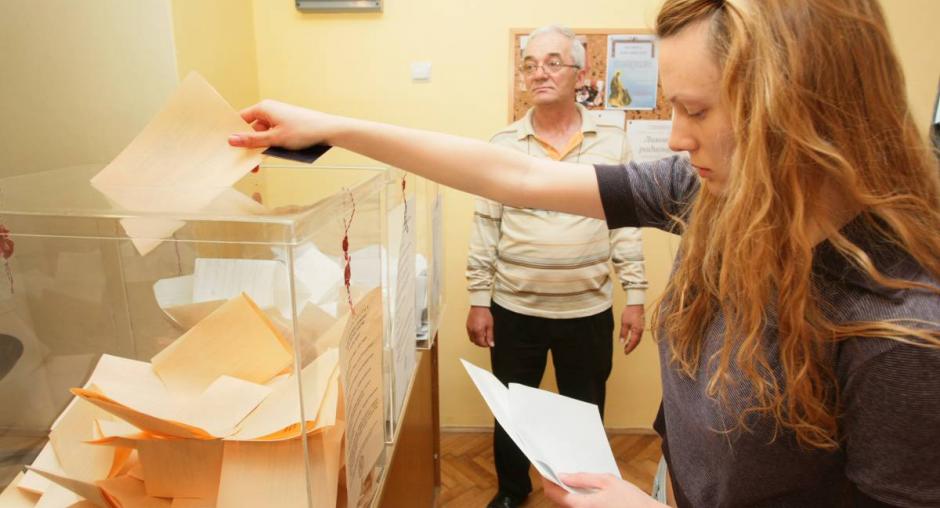Serbia's hard-fought and generally well-organized parliamentary elections gave voters a free choice

BELGRADE, 12 May 2008 - The vigorously contested early parliamentary elections in Serbia were conducted in an overall professional manner, allowing the country's voters to choose freely among a wide range of political options, the International Election Observation Mission concluded in a statement published today.
The observers welcomed the active participation of voters, testifying to the electorate's high confidence in the democratic process. Voting on election day was conducted efficiently and in an overall calm atmosphere. The campaign environment was pluralistic and open, with extensive media coverage, but also marred by incidents of threats against leading politicians' lives.
"The Serbian people have expressed their will freely. It is now up to the newly elected parliament to live up to the expectations of the Serbian electorate. This includes the need to forge a workable and effective coalition capable of working for the benefit of all citizens of Serbia", said Jean-Charles Gardetto, the leader of the PACE observer delegation.
"The Serbian elections were a display of a mature democracy in action. We found some minor technical faults and some aspects of the campaign were worrisome, but the elections were carried out in a most impressive fashion with substantive voter turnout and efficiency and calmness of the voting. I would like to congratulate Serbia for this", said Roberto Battelli, the Special Co-ordinator of the OSCE short-term observers and head of the OSCE PA delegation.
"Overall this election was organized professionally. But we are troubled by cases of death threats and perceived incitement to murder of senior politicians. This has no place in a democratic society. Prompt follow-up to the Public Prosecutor's investigation order will further underscore that there is no tolerance for violence in Serbia", said Nikolai Vulchanov, the head of the OSCE/ODIHR long-term observation mission.
The observers urged the new parliament to close remaining voids in the legal framework and address long-standing recommendations, such as removing provisions permitting parties to allocate mandates in disregard of the order of the candidates' lists.
Close to 90 international observers monitored the election, including 30 short-term observers from the Council of Europe Parliamentary Assembly (PACE) and 24 from the OSCE Parliamentary Assembly (OSCE PA), as well as 35 long-term observers from the OSCE Office for Democratic Institutions and Human Rights (OSCE/ODIHR). The international election observation mission did not observe the local elections.
For further information contact:
Nathalie Bargellini, PACE, +33 665 40 32 82, [email protected]
Klas Bergman, OSCE PA, +381 (0)63 8102 421, [email protected]
Jens-Hagen Eschenbaecher, OSCE/ODIHR, +48 603 683 122, [email protected]
